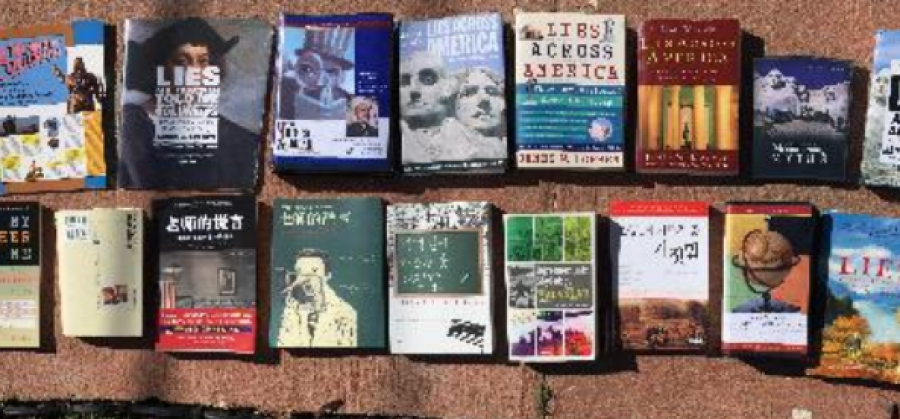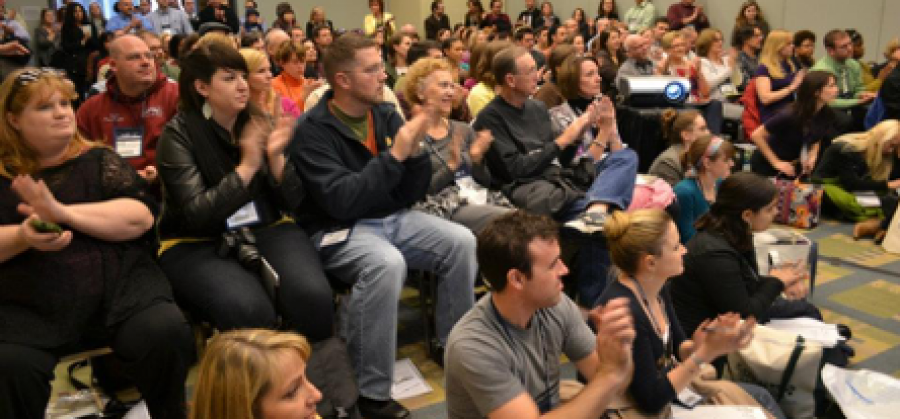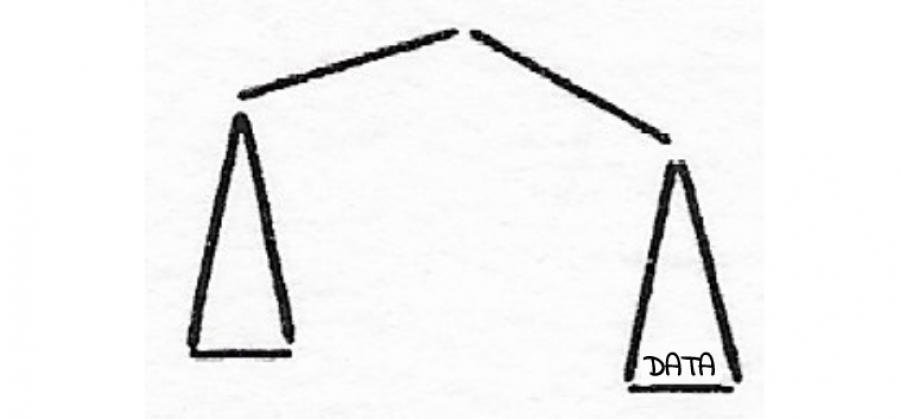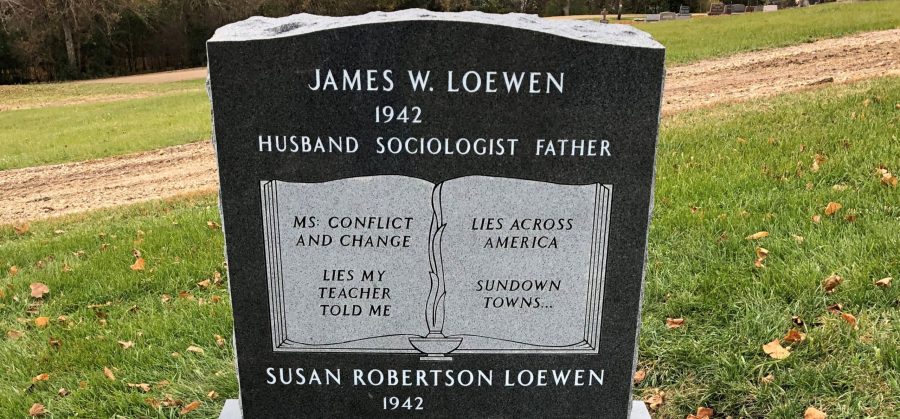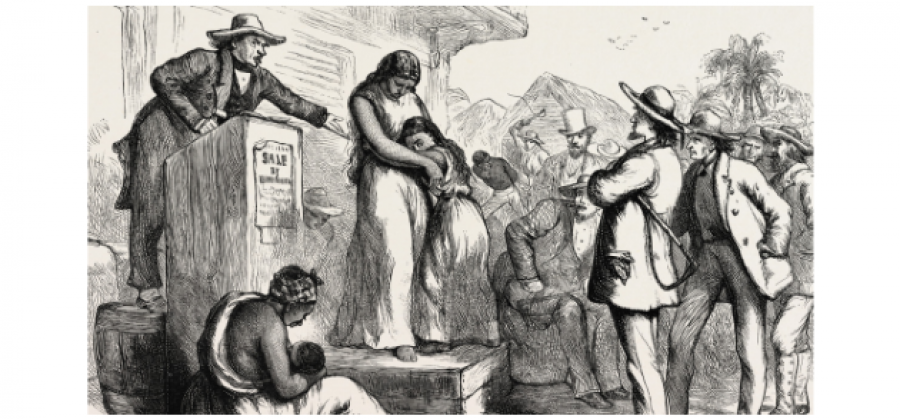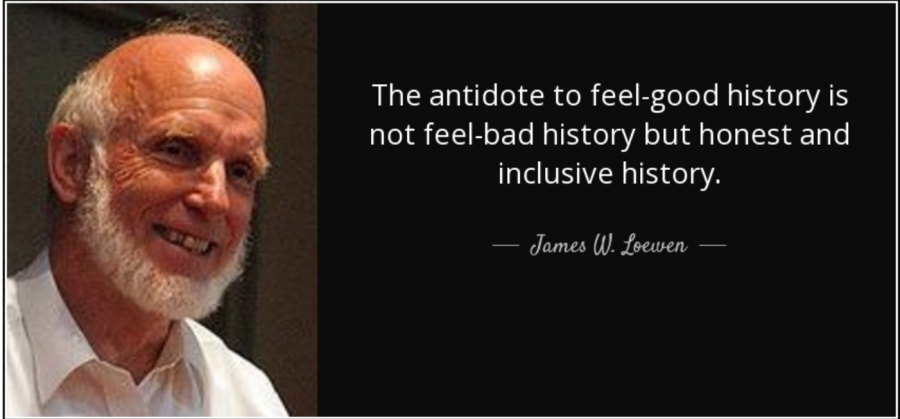James W. Loewen

Loewen is proudest of his contributions to American society in five areas: his children, who he thinks are forces for good; his physical impact on the landscape, mostly in the form of housing he built and trees he planted; his writings; his direct efforts at social change; and his deployment of money to support good causes. Unfortunately, a dire prognosis struck him before he finished some projects; these too are shown below, incomplete, hoping they might find someone to take them on.
If you are interested in furthering any of the causes to which Loewen devoted his life, such as working for social justice, correcting lies and misapprehensions about our past, confirming and helping to reform sundown towns, or finishing the opera for which Loewen left a libretto, please reach out to his successors through this website. Email Stephen Berrey at publichistorysites@gmail.com.
Having received a diagnosis in 2019 of muscle-invasive metastatic bladder cancer, Stage IV, with a prognosis of just below 1% survival after three years, he started putting his affairs in order. One part was writing “Notes Toward an Obituary,” which he thought he would share with his hometown newspaper, the Washington Post. After all, he had written for them, and one of his articles had wound up the most viewed article for the year. Right after he finished, an obituary writer for the New York Times called, apparently having heard of his prognosis, and was pleased to get the notes. But the WaPo obituary writer had no use for them. “They have a much larger staff than we do,” she said. Sigh. So I decided to share “Notes Toward an Obituary” directly with you.
Loewen’s books probably have made his biggest impact. Many teachers and professors have written to say how Loewen’s writing changed how they teach. When Loewen visited NPS sites, staff members recognized his name and told him how Lies Across America influenced their work. And maybe once a month, 1995-2020, someone has even written to tell how Lies My Teacher Told Me “changed my life.”
While I attended Carleton College (1960-64), I gradually became a citizen: someone interested not just in residing in a country but helping to define and improve it. My winter term, 1963, in Mississippi during the Civil Rights Movement played a key role.
Loewen was especially formed by three states: Illinois, Mississippi, and Vermont. Described at this page are things he did or wrote that do not fit under the main occupational thrust of his life, but some of which are nonetheless important to him.
As Lies My Teacher Told Me kept selling, Loewen began to find quotations from it popping up all over the web. Initially he was most pleased to find “Those who don’t remember the past are condemned to repeat the eleventh grade,” quoted widely, because he meant it as a joke and as a way to pop the pretentious balloon of the Santayana quotation, often repeated but never thought about. He was also pleased when two Kiswahili words, “sasha” and “zamani,” made their way into the English language in the United States because readers of LMTTM found them useful. Eventually, entire commercial websites brought forth Loewen quotes for posters, computer “wallpaper,” even T-shirts.
